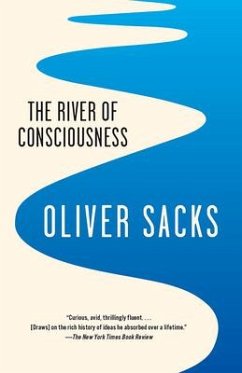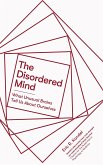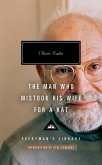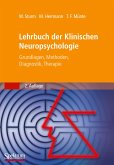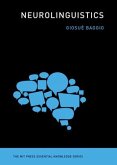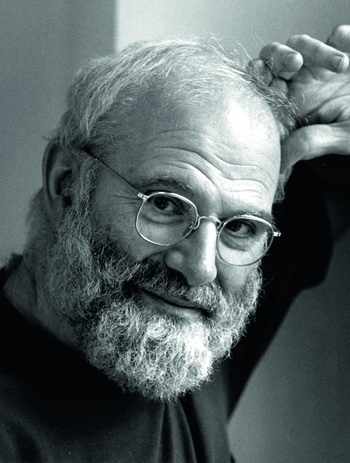"Oliver Sacks is best known for his illuminating case histories about people living with neurological conditions at the far borderlands of human experience. But he was equally fascinated by the issues and ideas of all the sciences. That wide-ranging passion informs the perspective of this book, in which he takes on evolution, botany, chemistry, medicine, neuroscience, and the arts, and calls upon his great scientific and creative heroes--above all, Darwin, Freud, and William James. For Sacks, these thinkers were constant companions from an early age; the questions they explored--the meaning of evolution, the roots of creativity, and the nature of consciousness--lie at the heart of science and of this book. The River of Consciousness demonstrates Sacks's unparalleled ability to make unexpected connections, his sheer joy in knowledge, and his unceasing, timeless endeavor to understand what makes us human."--Back cover.

